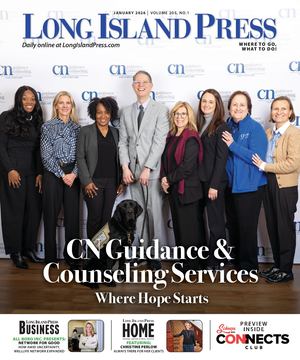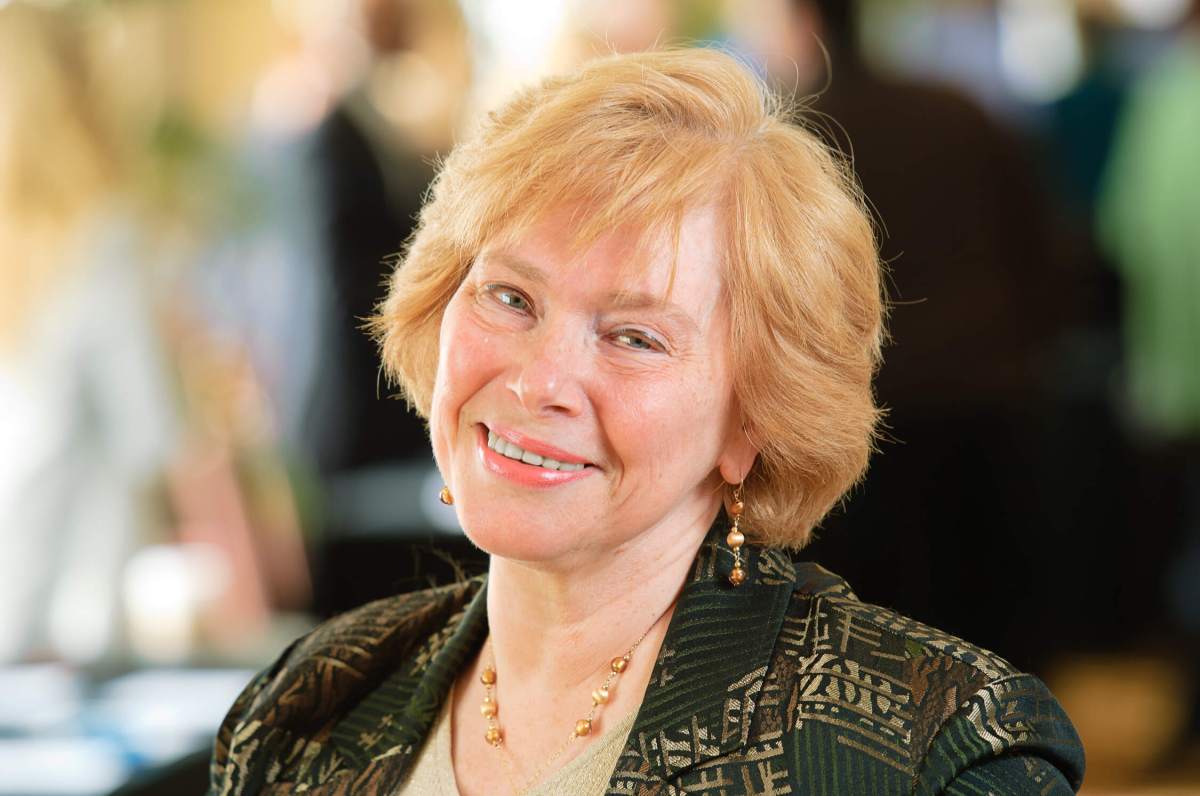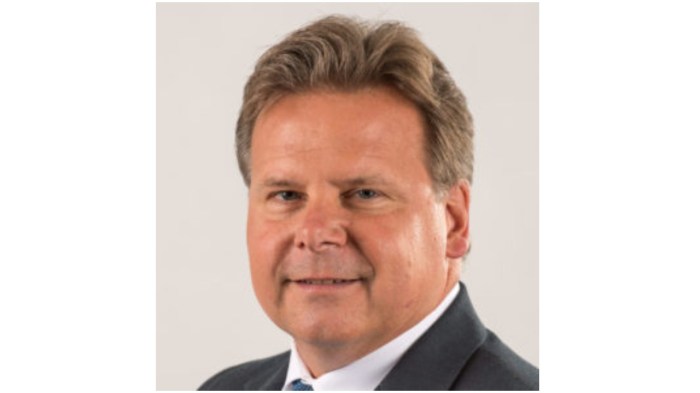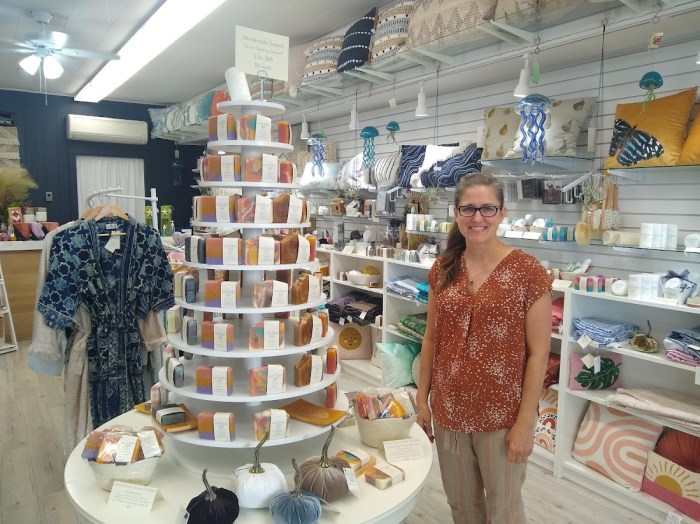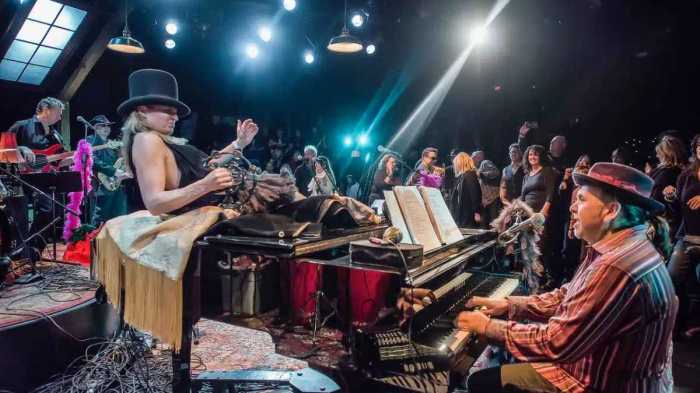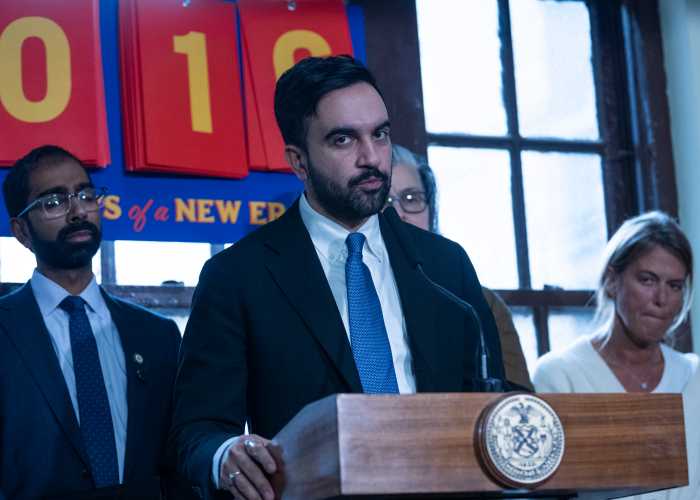Q&A With Ann Middleman, Incoming Chair of SCORE Long Island Volunteer Business Mentoring Group
Ann Middleman takes the helm in October as chair of the Long Island chapter of SCORE, a group of volunteers who provide business mentoring to start-ups and small businesses. We talked with her about how SCORE can help and how it’s seeking to grow, partnering with the Long Island Association at the end of October and other groups.
How big is SCORE on Long Island? We have about 55 volunteers and get over 100 requests a month.
Did you run a business? My business was a market research practice. I ran that for 20 years. Before that I worked in various other positions in the market research business.
What are the most common or frequent problems that businesspeople face? This is true today, but it goes back a long time. When we ask CEOs what keeps you up at night, they say hiring and retaining qualified employees. That is never more true than it is today. It’s more true in the lower ends of the scale, restaurants and hotels.
How can SCORE help with this? We can help managers and executives to identify and assess an issue or a problem, even hire a consultant to help fix it.
How’d you get involved in SCORE? I was a client of SCORE when I started my business a little over 20 years ago. I was aware of SCORE then. I went with a friend to the New York City chapter and got their outline for a business plan.
How did you get involved with SCORE more recently? Fast forward to about six or seven years ago. I was looking to phase into retirement and thinking about what I was going to do. Roz Goldmacher, who was the founder and former president of the Long Island Development Corporation, sent me their newsletter. They had a piece about SCORE. I said that looks interesting. I applied, was accepted as a mentor, and went through the training.
What are your priorities for SCORE? My priorities are growth and expansion. We need to recruit more mentors. We want to put a focus on recruiting mentors from minority communities. There is a commitment nationally and locally to diversity, equity and inclusion. That’s a big part of our mission. We do have a somewhat diverse volunteer population in our chapter. We want to increase that.
What are you doing to foster diversity? We’re actively recruiting mentors and subject matter experts from minority communities. Our client base is very diverse. That’s one reason we want our volunteers to be a more diverse group to match.
What services does SCORE provide? The basic service is business mentoring. We get requests from startups, people thinking of starting a business, and people who have been in business for a while. One initiative we’ve been working on is to appeal to larger businesses that have between $1 million and $10 million in revenues who might want advice on financing, marketing, or employee issues. We could come in with a team and help them out for free.
Who are the mentors and are they all retired? Most are retired. Some work part time. Some work full time. We have full mentors and subject matter experts with a particular expertise. Full mentors are expected to work with clients on the full spectrum of issues, from whether to incorporate to financing, operations, and marketing. We also can call on a mentor or subject matter expert to co-mentor.
What different clients do you work with and who uses the services? These are people who may be thinking of starting a business, who started a business. They may need help writing a business plan, deciding whether to incorporate. They may have been in business for a few years and want to know how to get more clients.
Have you had clients in business for a long time? I had a client who worked for a printing company that was in business for 30 years. Many companies suffered during the pandemic. This company came up with a unique product aimed at helping retail companies open up after the pandemic. We talked about how to promote it on social media, LinkedIn, even direct mail. Some clients have been in business a long time and they face a unique situation.
Do you ever work with people who are unemployed? We’ve worked with a lot of people in the SEAP or Self-Employment Assistance Program. It’s a program from New York State unemployment that extends benefits for people who are starting up businesses, as opposed to looking for a job.
What workshops do you offer? We offer at least seven workshops through our chapter and we co-sponsor workshops with other chapters. We offer workshops from starting a business to marketing to writing a business plan to franchising. We offer a workshop on understanding the numbers, the numbers you need to know to run your business, about finance and accounting. If you start a business, what are the metrics that you need to be aware of?
Who is starting businesses today and how is it different due to the pandemic? A lot of women, a lot of minorities. I’ve worked with people transitioning into retirement. They wanted to start a small business while they’re working, so when they retire, they have a smooth segue into a business to run in retirement. I worked with a firefighter in his 40s looking to retire. He started an online business so when he retired he would not only have another source of income in addition to his pension. He was too young to sit on his porch.
Has retirement changed in recent years? People retiring today or the past 15 years are different from their parents. Retirement today could be starting a small business, volunteering the way our members are, writing a book, doing all sorts of things. The baby boomer generation, now deep into retirement, is not going to be satisfied, for the most part, to play golf, tennis, or canasta for the rest of their lives. A lot of people retiring may live another 10 or 20 years. Starting a business is something I’ve seen quite often among people getting ready to retire.
